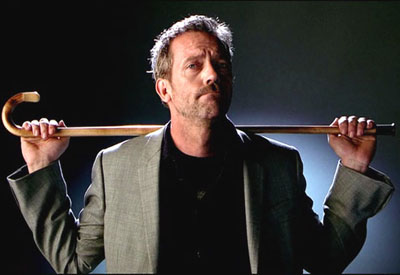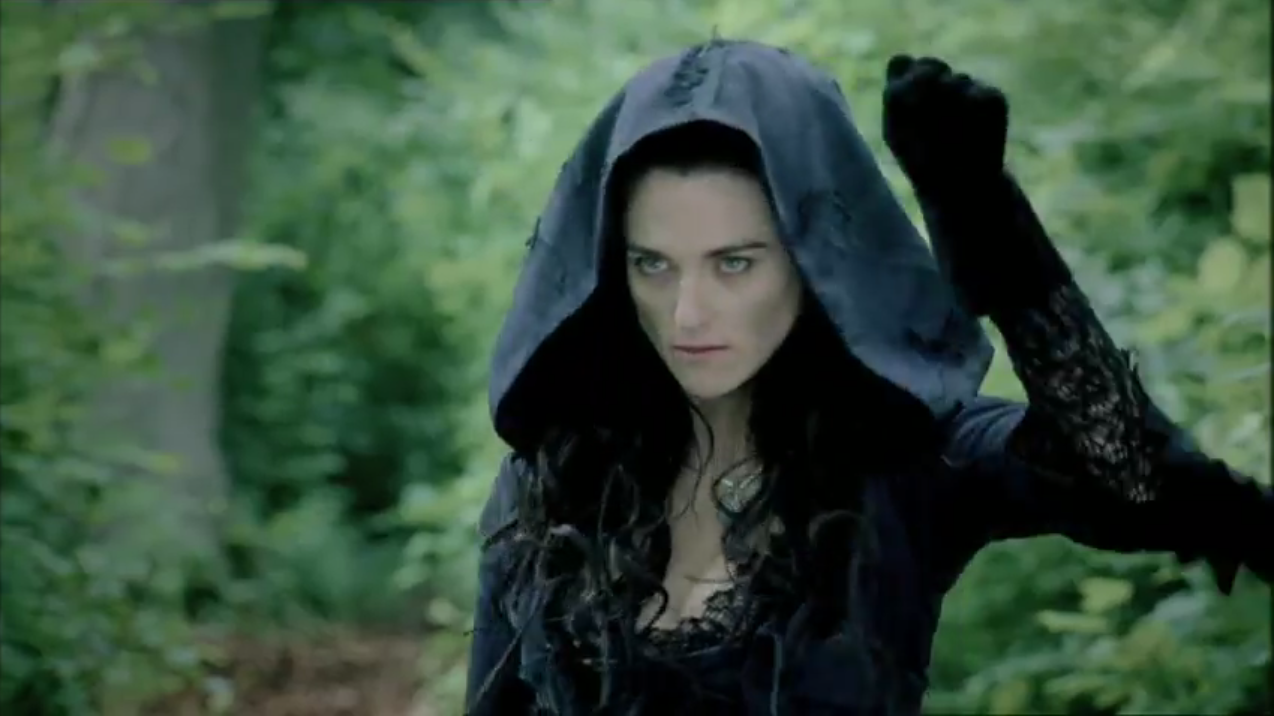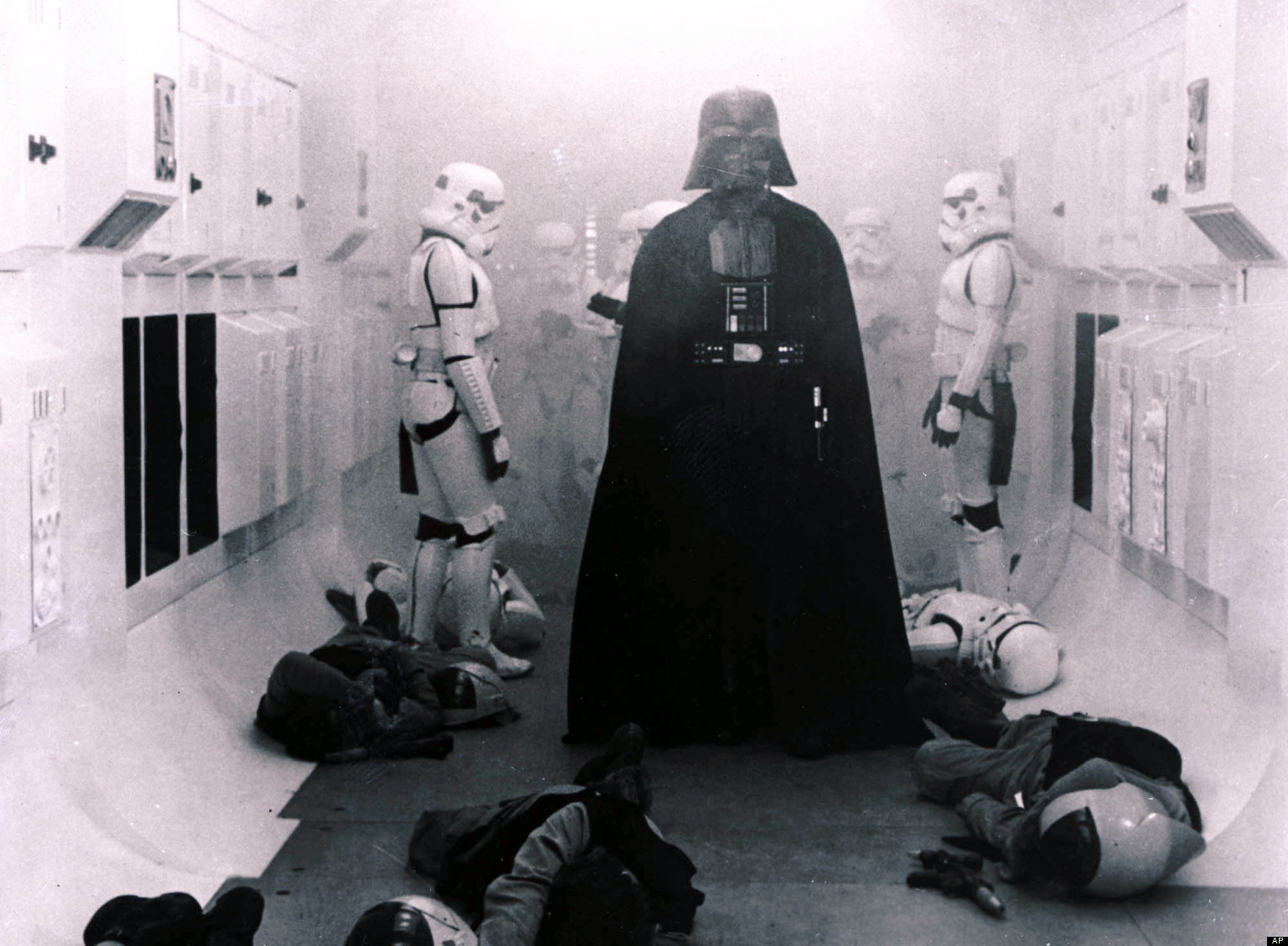CHARACTER BUILDING: Tragic Figures
I was going to post about villains today, and then I remembered that I did a post about villains last year around this time for my "V" post. I'm going to try not to repeat all the things I said... and if you're interested in reading more about what makes a good villain, you can go see that post HERE.
And then my good friend wrote a blog post about Villains last week that was excellent and you can go read that HERE.
And then I read THIS POST on various types of villains and examples of each... and I thought... I'll write more about villains another day, when the interwebs (that's not a typo, that's what they call it in Britain... and, no, I'm not in Britain, nor am I British... but I like the way they put things sometimes) aren't so inundated with villain posts... :)
So, instead, I'm going to talk about a different type of character that I love to hate... or hate to love... one of those. Tragic characters.
Tragic characters are often extremely frustrating for the audience - often because it soon becomes clear that there can be no happy ending for this character. There are many different types of tragic characters, and I'm just going to label them as I see fit and then give examples:
Moronic tragic figures: these are characters who end up tragically because they simply can't come up with a better plan than one that is completely moronic.
Example: Romeo and Juliet. I can think of no more idiotic plan than to pretend to die, all the while hoping your true love finds out the "pretend" part of the plan before he kills himself out of grief. Honestly, despite really wanting them to have a "happily ever after," I always feel that in some ways, they don't deserve one, because they wouldn't be smart enough to appreciate it.

"It's not my fault!" tragic figures. These are the characters who have been unjustly wronged. They have a sad back story, and they (or the author) uses that injustice to justify every decision (right or wrong) that said character makes. The frustrating part of this type of character is that they beg for your sympathy, and you find yourself wanting to give it, no matter what horrible things the character does... all because they have a tragic back story.
Example: Gregory House. He is a complete jerk pretty much 100% of the time, but because he's also in pain 100% of the time, the audience wants to feel sympathy for him and give him a "pass." (Of course, this type of character can get very tedious after a while, and start to lose the audience)

Fatal Flaw Tragic Figures. These are my least favorite of the tragic figures, because the author is simply "out to get them." There is no "right" decision this type of character could make, there is no room in the story for this character to have a happy ending.
Example: Oedipus. When he is born, it is prophesied that Oedipus will marry his mother and kill his father. So his parents decide it's not worth taking a chance on raising him right, and decide to have him killed. He is saved and raised unaware of his adoption or true parentage. Thus, later in life, he falls in love with his mother (who doesn't know he's her son, she thinks he's dead), and does indeed kill his father in a fit of rage when they meet on the road and Dad won't give Oedipus the right of way. Thus the prophecy is completed. Would all of this have happened if the prophecy had been ignored? Could knowing the future be what turned it tragic? The audience will never know. Could Oedipus have made a different decision to end up in a better place? The author never gave him a chance to make a better decision... so the answer is "no."
Just My Nature Tragic Figures. These are the tragic figures who bring their tragedy on themselves. Subtly different from the "It's Not My Fault" variety, these figures often have a very good grasp of what they've done to earn their tragic status. These are the most heart-wrenching of the tragic figures often because they try to change, but are misunderstood, or spend the entire story attempting to redeem themselves and create a happy ending, all to no avail.
Example: Severus Snape from the "Harry Potter" series. Snape has a few different types of tragic figure mixing together in his story, but this is the overarching one. He seems to be simply predisposed to darkness. Even the one good thing about him, his love for Lily, is something he attempts to twist into his own shape. The only thing that truly redeems him is his repentance of what he tried to do, and his attempt to stop it before it is too late. However, because he is too late, and because of his own actions, Snape spends the rest of his life attempting to pay for his darkness and yet having to live inside that darkness. "Nobody shall know the best of you?"
Another example of this type of character would be Heathcliff from "Wuthering Heights."

Made the Wrong Decision Tragic Figures. These are the characters who often turn tragic unexpectedly. They usually start out with quite a few "heroic" traits, and, had their story been but a little altered, could have ended up being the hero of the story. Generally, these characters are tragic mostly because they could have been the hero, but end up being the villain, instead. They are characters to whom the author offers many chances to "choose wisely" and change their fate, but they do not take those opportunities, thus sealing their own tragic fate. They often are redeemed at the end of the story when they realize where their wrong choices have brought them and that it was their own fault and they repent of their wrong actions.
Example: These tend to be a fairly common Tragic Figure and you find them popping up everywhere. Also known as "Tragic Villains" some examples include:
Darth Vader, Loki, Doc Oc, Morgana (from the Merlin TV series), Rumplestiltskin (from Once Upon a Time), and many others. Because of this, they often also make the very best villains, because they chose their own fate - and, most importantly, they're not sorry at all!


So, what is your favorite kind of Tragic Figure? Or who is your favorite Tragic Figure, and what would you change about their story if you could?
